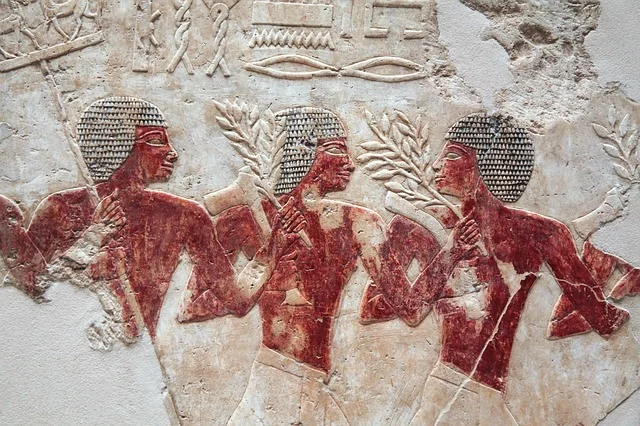Why do Ancient Egyptians give birth often in March and April?

Why did Ancient Egyptians give birth in March and April so frequently? The optimum months for conception, according to researchers, were July and August, when the Nile was inundated.
Because ancient Egyptians preferred to have their affairs in July and August, births in March and April were 20 percent higher than in other months of the year. The bulk of mortality among women of reproductive age happened during these months.
Beliefs regarding the impact of Nile floods on fertility may explain birth patterns. Because sex was forbidden between Advent and Lent in Ancient Egyptian Christian beliefs, conception rates were lowest in January.
Ancient Egyptians had intercourse in the summer, according to 2013 research. The most popular months for dating were July and August, which resulted in 20 percent more babies being born in March and April than in other months.
As a consequence, the bulk of deaths among reproductive-age women also occurred during these months. Archaeologists excavating a cemetery in Egypt’s Dakhleh Oasis were able to establish the month of each person’s death because the tombs were all positioned towards the rising sun.
Researchers uncovered the graves of 124 babies who died between the ages of 18 and 45 weeks after conception, according to Live Science, which allowed them to put together the most common era for love-making.
The findings are particularly startling since it is thought that in other ancient Mediterranean communities, fewer children were born during the hot summer months because the heat reduced libido and maybe affected sperm count.
Ideas about fertility and the Nile flood in ancient Egypt are said to have triggered the baby booms. Residents of the Dakhleh Oasis believed that the river was the secret to their land’s fertility, and since the floods occurred throughout the summer, there were many celebrations.
According to the experts, the peak in spring births persisted until the 1920s or 1930s. Conception rates, on the other hand, fell to annual lows in January as a result of Christian beliefs that dictated abstinence throughout Advent and Lent.
It is said that early Egyptian Christians were told not to have sex on Saturdays, Sundays, Wednesdays, and Fridays. Finally, it’s thought that contraception was used, and those recipes including crocodile excrement were so repulsive that people avoided intercourse entirely.




